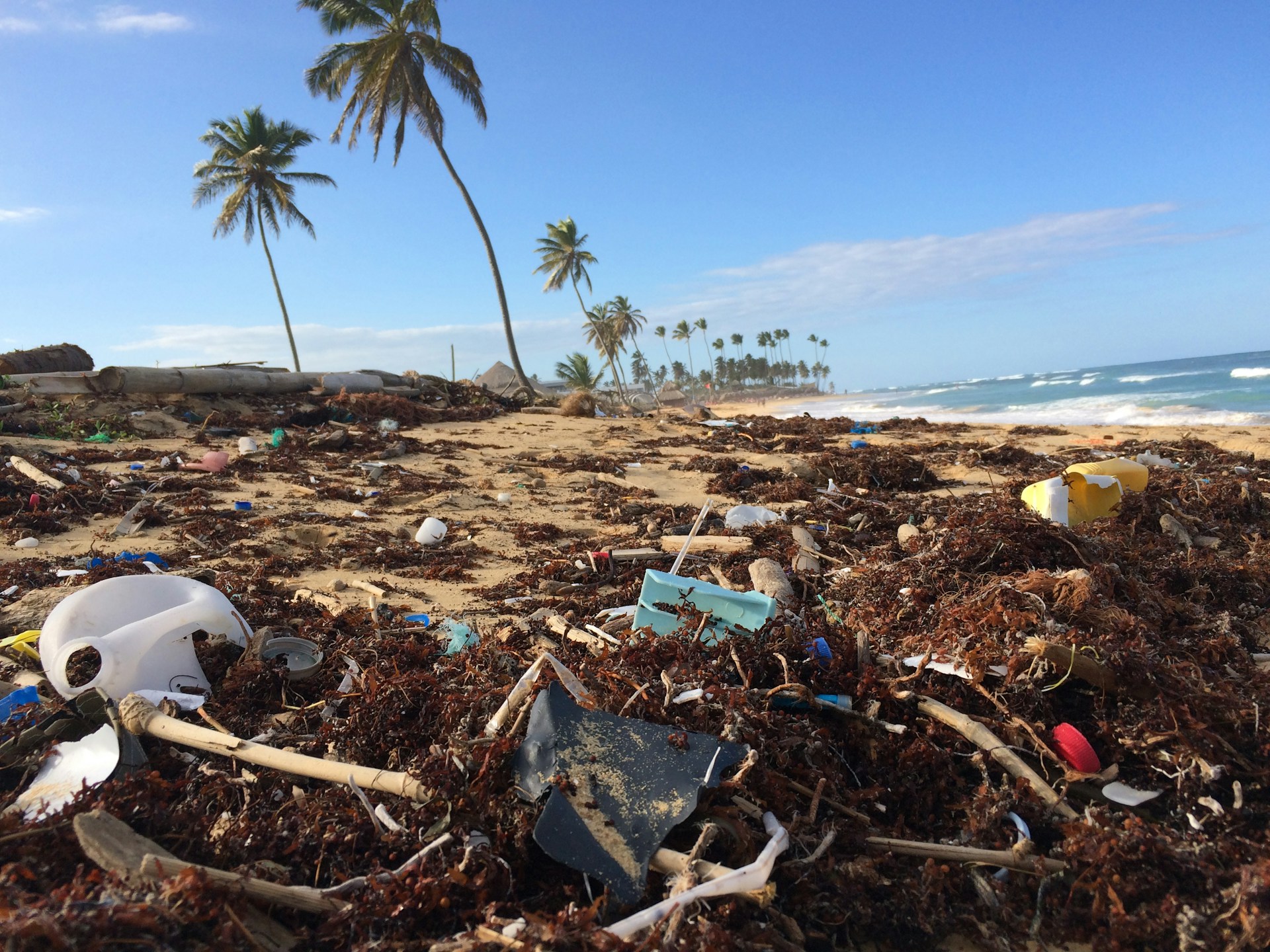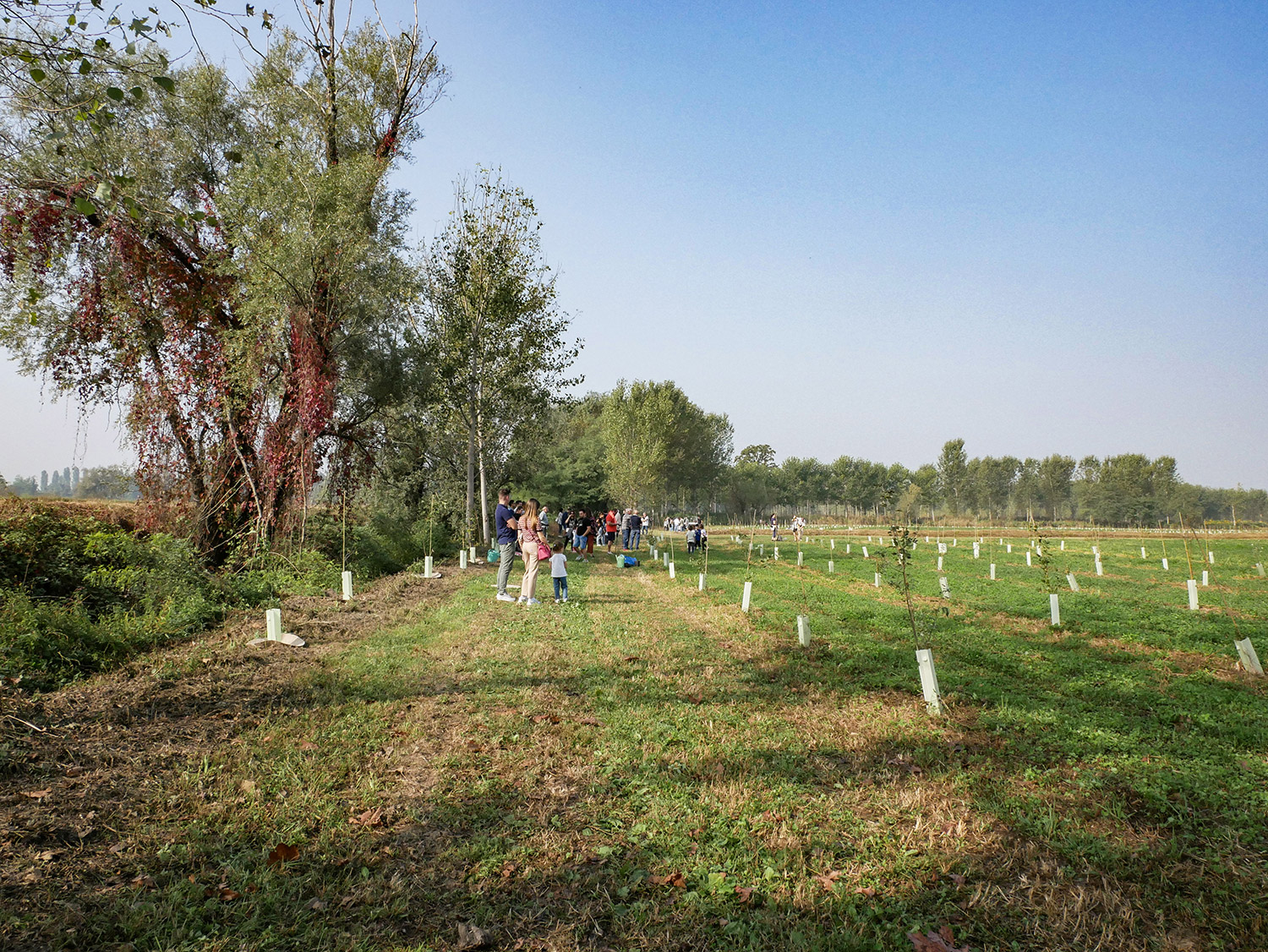
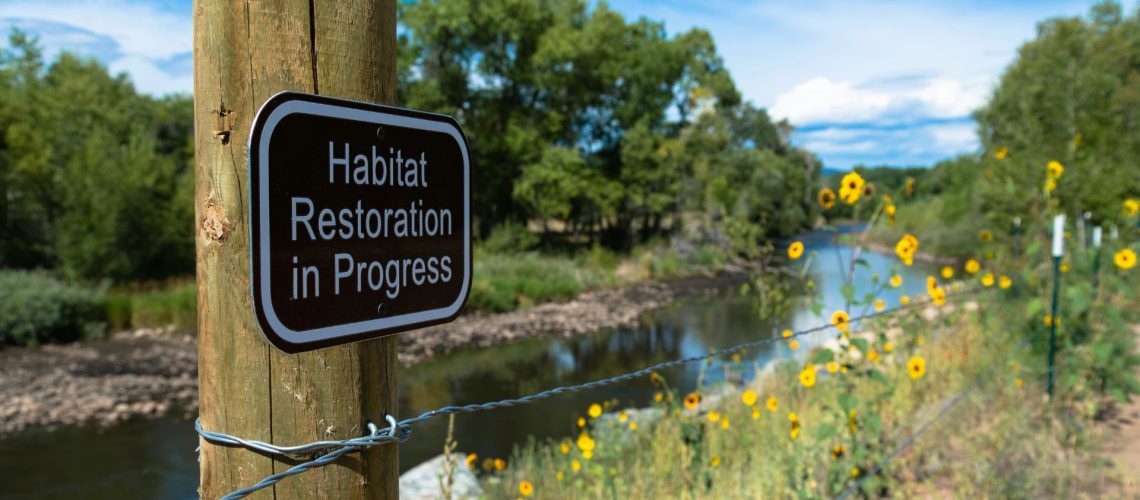
Nature Restoration Law passed: a historic step for nature in Europe
A historic turning point
The Nature Restoration Law is an important regulation that is part of the Green Deal. The Green Deal is the package of policy initiatives that aims to put the EU on the path to a green transition, with the ultimate goal of achieving climate neutrality in 2050.
The first version of the Nature Restoration Law was proposed by the European Commission on 22 June 2022, but the final approval only came on Monday, 17 June 2024, after months of amendments, negotiations and stalemates, with the Council of the European Union voting in favour and despite Italy voting against. Although the objectives and content of the regulation have become less ambitious compared to the first version presented, the Nature Restoration Law remains an important regulation, which marks a historic turning point in the approach to nature conservation and biodiversity. For the first time ever, in fact, a regulation focuses not only on conservation and protection, but specifically on the restoration of nature, where it has been lost or damaged, in the member states of the Union.
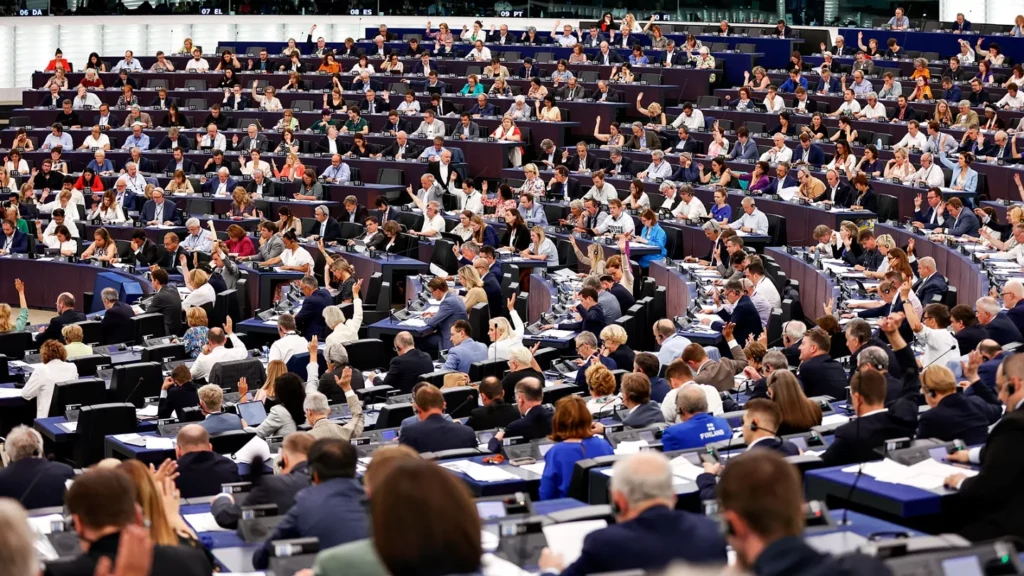
Copyright European Union, 2023.
What does it consist of?
The Nature Restoration Law provides specific and binding obligations and targets for the restoration of the different ecosystems – land, marine, freshwater and urban ecosystems – within its boundaries. Member states, giving priority to Natura 2000 protected areas, will have to implement restoration measures on habitats considered to be in poor condition until they restore
– at least 30% by 2030
– at least 60% by 2040
– at least 90% by 2050
In addition, the regulation requires specific measures to be implemented to reverse the decline of pollinators by 2030 at the latest, to increase green spaces and the presence of trees in cities, and to increase the general diversity of landscape features, which are too often simplified and impoverished by human action.
Member states will be required to plan and submit national restoration plans, showing how they intend to achieve the targets, and to monitor and report progress on the basis of shared EU-wide indicators.
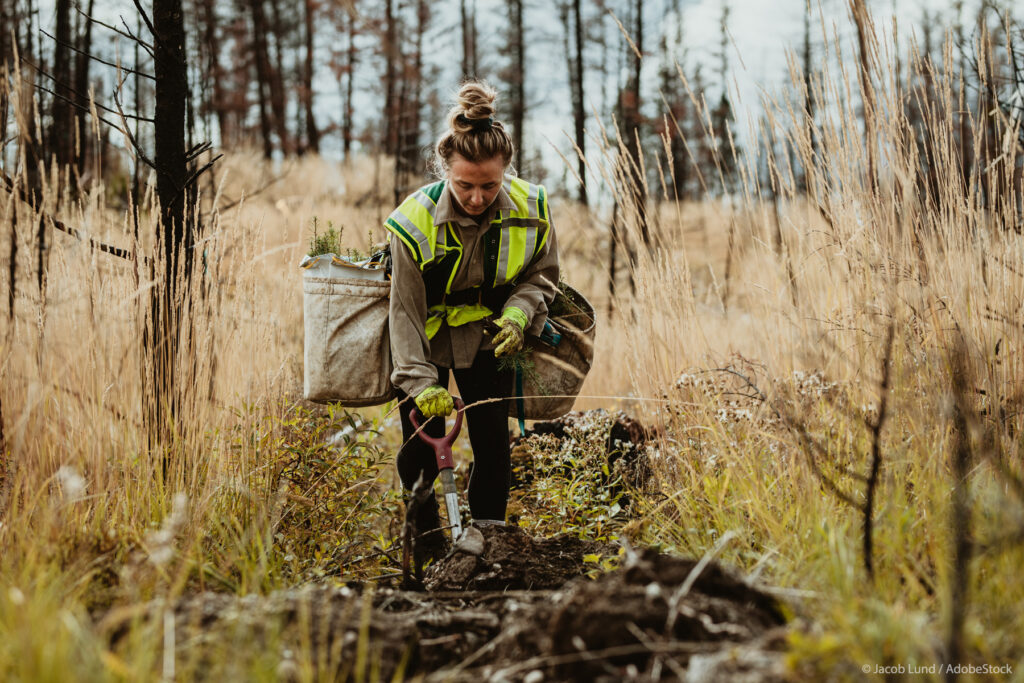
Copyright J. Lund – AdobeStock
What benefits will it bring?
The benefits will be great and important, not only for nature and biodiversity but also for people and the economy. Indeed, the EU estimates that for every euro invested in nature restoration, an economic return of between EUR 8 and EUR 38 is generated.
What does this mean? That if we invest a certain amount of resources in the restoration of ecosystems, these ecosystems will provide benefits, technically called ecosystem services – such as providing food, improving water quality, pollination, summer cooling of urban environments, providing materials for construction and industry, etc. – whose value will be between 8 and 38 euros – the value of which will be 8 to 38 times the amount invested. A profitable investment, therefore, and one that we can no longer put off: suffice it to say that more than 50% of global GDP is linked to nature and the services it provides.
Nature is the foundation of the world economy. Not only that: nature is the foundation of our very lives, and the benefits that restoring nature will bring are not only economic: in general, we will have more liveable cities, we will be less vulnerable to the effects of climate change, the whole system will be more resilient. If nature is better off, we will be better off too.
What will change for the market and for companies?
Once the Nature Restoration Law is published in the Official Journal of the European Union, the regulation will enter into force and become directly applicable in the member states. As mentioned, the path to approval was neither quick nor easy. In fact, the proposal was greeted with concern by some European parties, who argued that it would entail too many constraints and additional costs for the agricultural sector and, as a consequence, an increase in food prices. The final version is a real compromise, less ambitious than the initial proposal, but it remains a very important goal, which will probably also require the market and companies to do their part to help achieve the targets. By 2033, the Commission will assess the impacts of the regulation on the agricultural, forestry and fisheries sectors, as well as the broader socio-economic effects of the initiative.
Enthusiasm in the environmental world is high, satisfaction in large parts of the population is great: so much work by associations, companies and organisations committed to nature protection has finally paid off. Urgent action is needed to tackle the climate crisis and the biodiversity crisis, and this achievement has all the credentials to go down in history as one of the most important steps we have been able to take along this path.
SHARE
More news


World Earth Day: why we celebrate our planet on 22 April
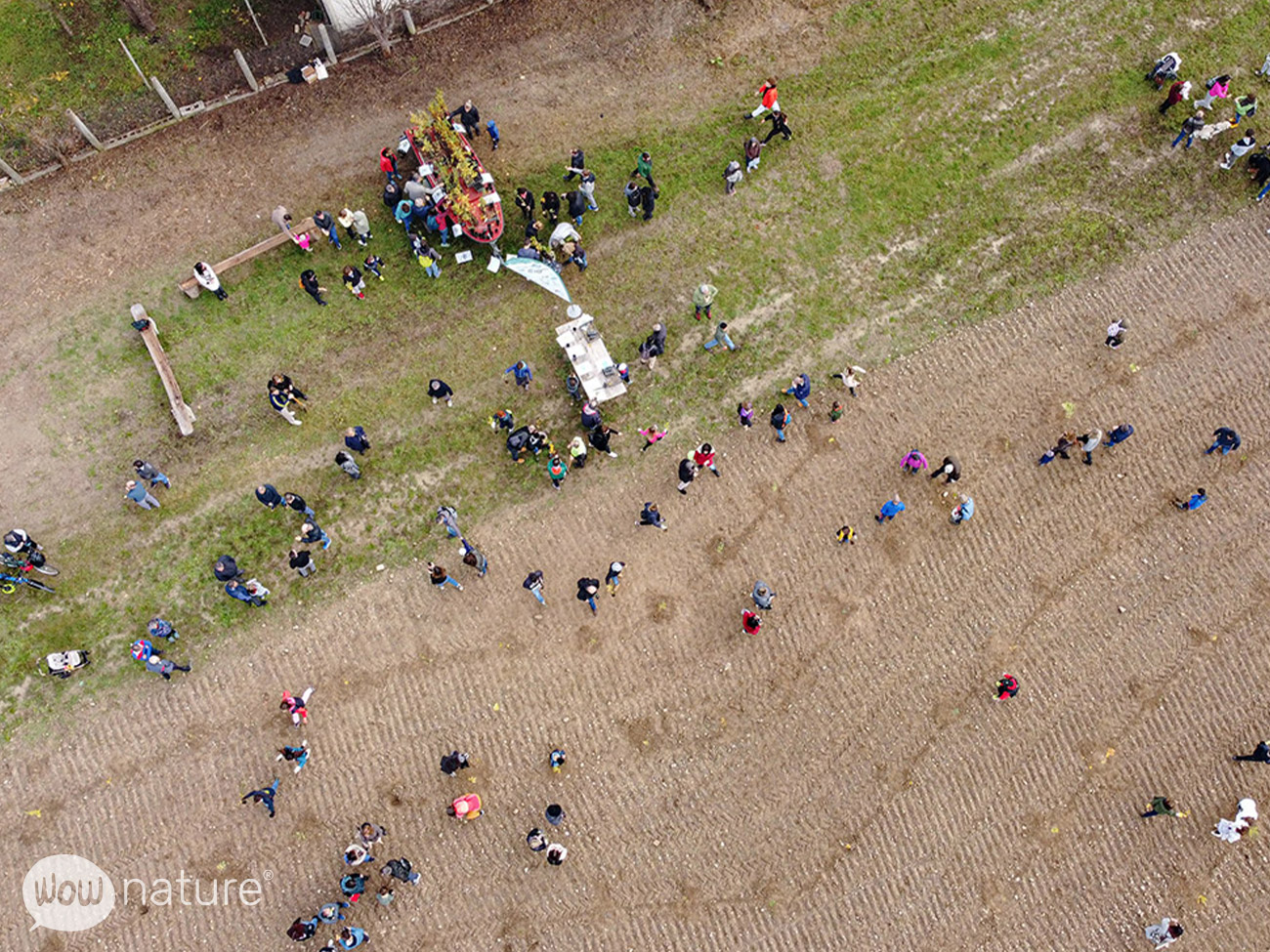
Update from Moranzani Forest

What does a tree look like?
